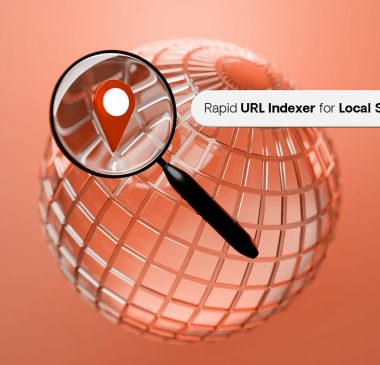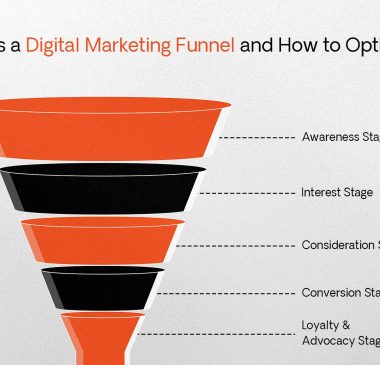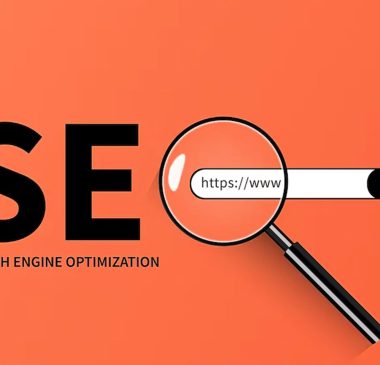Search Engine Optimization (SEO) is crucial for small businesses aiming to increase visibility and drive traffic to their websites. Unfortunately, many fall into common pitfalls that can hinder their efforts and even damage their search engine rankings. This blog post explores eight typical SEO mistakes small businesses make and provides practical tips to avoid them, ensuring a more effective digital marketing strategy.
1. Neglecting Local SEO
Local SEO is essential for small businesses, especially those operating on a regional basis. A common mistake is overlooking the power of local search queries and failing to claim or optimize your Google My Business listing.
Quick Fixes:
- Claim and verify your Google My Business profile: Ensure your business information is accurate and updated.
- Incorporate local keywords into your website’s content, such as the city or region where your business operates.
2. Ignoring Mobile Optimization
In today’s digital age, mobile optimization is non-negotiable. Sites that aren’t mobile-friendly suffer from lower rankings in Google’s mobile-first indexing. Key SEO mistakes in this case include using designs that aren’t responsive and having slow mobile load times.
Quick Fixes:
- Use a responsive website design that adapts to different screen sizes.
- Optimize images and leverage browser caching to improve mobile site speed.
3. Overlooking Site Speed
Website speed is a critical factor in both user experience and SEO. Slow-loading sites frustrate users and are often penalized by search engines. Common causes of slow site speed include large image files, unoptimized code, and inadequate hosting solutions.
Quick Fixes:
- Compress and optimize your images.
- Minimize the use of large, complex scripts and frameworks.
- Consider upgrading to a more robust web hosting service if needed.
4. Poor Keyword Research
Effective keyword research is the cornerstone of any successful SEO strategy. Many small businesses make the mistake of targeting overly broad or highly competitive keywords, which are difficult to rank for, or irrelevant keywords, which don’t bring in the right kind of traffic.
Quick Fixes:
- Use tools like Google Keyword Planner or SEMrush for targeted keyword research.
- Focus on long-tail keywords that are specific to your business and less competitive.
5. Inadequate Content Strategy
Not using content strategically is one of the most dangerous SEO mistakes for your business. Many small businesses fail by producing low-quality content, not using keywords effectively, or duplicating content across pages.
Quick Fixes:
- Develop a content calendar that addresses topics relevant to your audience.
- Ensure all content is original, valuable, and integrates keywords naturally.
6. Forgetting Meta Tags and Descriptions
Meta tags and descriptions play a vital role in SEO by helping search engines understand the content of your pages. Common mistakes include missing meta descriptions or title tags that are not optimized for keywords.
Quick Fixes:
- Ensure each page has a unique and descriptive meta title and description.
- Use primary and secondary keywords strategically within your meta tags.
7. Neglecting Quality Backlinks
Not using backlinks strategically is one of the most dangerous SEO mistakes for your business. Focusing solely on the quantity of backlinks rather than the quality can lead to penalties from search engines.
Quick Fixes:
- Aim to get backlinks from reputable websites within your industry.
- Avoid quick schemes like buying links or participating in link farms.
8. Ignoring Analytics and SEO Audits
Finally, failing to monitor the effectiveness of your SEO strategies through analytics and regular audits can lead to missed opportunities for improvement. Many small businesses do not track their SEO progress or ignore the insights provided by SEO audits.
Quick Fixes:
- Regularly check your analytics to see what is working and what isn’t.
- Perform SEO audits periodically to identify and rectify issues like broken links, poor mobile usability, or internal linking problems.
Conclusion
Avoiding these eight common SEO mistakes can dramatically improve your small business’s online visibility and search engine rankings. Remember, SEO is not a one-time task but an ongoing process of optimization and adaptation to new trends and algorithms. Stay informed, stay agile, and watch your small business grow through effective SEO practices.
If you’re unsure where to start with fixing SEO mistakes, consider consulting with an SEO expert or conducting an SEO audit to pinpoint specific areas of improvement for your business.
































